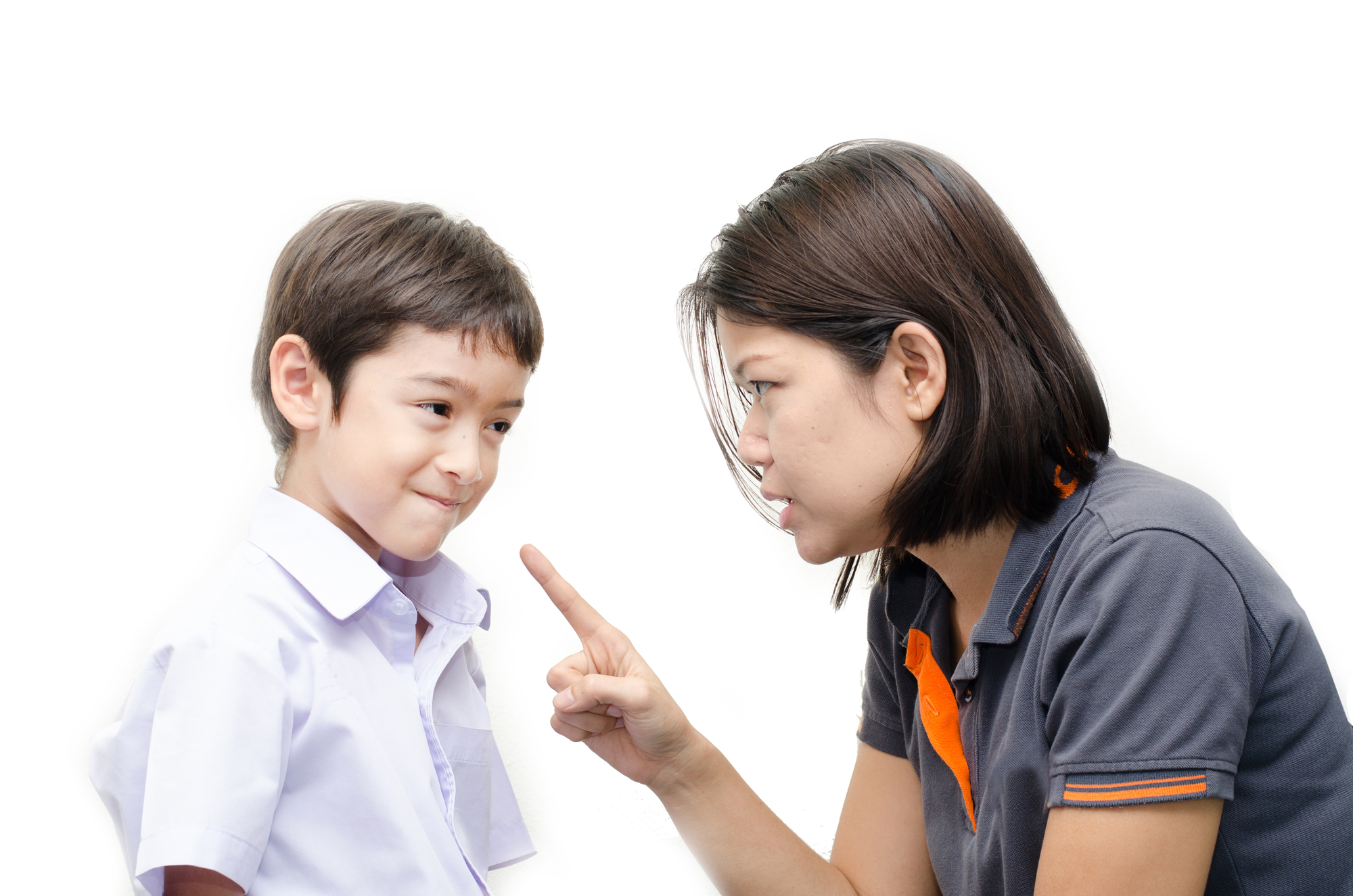Going to any medical environment can be a daunting experience for children but there are ways to help alleviate their fears. As a Child and Family Mental Health Clinician (Play Therapist) with the RFDS one of the ways I’ve done this is through a teddy bear clinic which my team and I held for the first time at Broken Hill’s Ag Fair in May.
Teddy, with a special supportive human, goes to the clinic and meets all sorts of people, including a doctor, pilot, nurse and play therapist. By engaging through play, kids explored and asked questions about doctors, nurses, clinical flights and health safely as they helped Teddy overcome any fears to have a good day experience.
And while not a new concept, it was the first time we hosted the teddy bear clinic as part of an RFDS event and was a resounding success with over 300 people across our service footprint attending over the two days.
Because play is meaningful to children, we wanted to help them understand the medical environment and to cope through fun activities and engagement with medical, clinical and retrieval staff of the RFDS.
“The Teddy’s also provided what we call therapeutic distancing, so the conversations weren’t directly with the children [creating a safe emotional distance]” Lesley added.
“By putting a teddy or a toy in between the child and healthcare worker they’re playing with, it provides better distancing to that health topic they’re talking about.”
And it is something parents and carers can easily also do at home with their children. Using any toy, you too can hold a teddy bear clinic or hospital to help prepare your child for medical appointments or emergency and can include:
- Registering and recording your teddy’s name, height, fur colour, weight and where they live.
- Using a stethoscope to check the teddy’s heartbeat.
- Practicing giving Teddy an injection or taking blood.
- Checking over the teddy’s mouth and gums and showing them how to brush their teeth properly.
- If teddy has an injury, wrapping it with a Band-Aid or bandage.
You can also have regular conversations with your child to help them feel less anxious, such as:
- Describing what might happen in an emergency and how your child can support, particularly if there is no adult to go to for help.
- Teaching your child who to call in an emergency. E.g. 000.
- Explaining the role of a Doctor, Nurse, Dentist, or Play Therapist.
As a qualified Play Therapist since 2019, the heart of my work centres on the social and emotional wellbeing of young children and their families through Play Therapy which is a form of psychotherapy. It allows them to express their thoughts, feelings and ideas about themselves and other life worlds through age-appropriate play.
I really hope these tips can help your child at their next medical appointment and that any fears, stress or anxiety they feel is greatly reduced.









